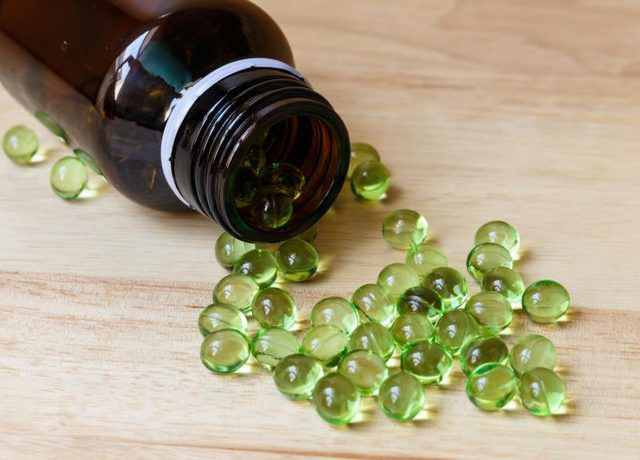Properties of Gelatin Capsules
- ELIZABETH TUMBARELLO
- Sep 13, 2016
- 2 min read

Overview
Gelatin capsules date back to the mid 1800's with the patent for the first soft gel capsule. Since their inception, gel capsules have provided consumers with a palatable, digestible alternative to conventional tablets and oral suspensions. Encapsulation provides protection for medications, though curious consumers may wonder what gel capsules are and what they're made of. The properties of gel capsules are generally the same across the spectrum, regardless of the variations on manufacture and appearance.
Shell Composition and Characteristics
Gelatin capsules come in two standard varieties designated by their texture. The outer shell of gelatin capsules is either hard or soft. Soft gelatin capsules are more flexible and thicker than hard gelatin capsules. Regardless of rigidity, the capsules are made from water, gelatin and a plasticizers, a substance that ensures the capsule keeps it shape and texture. Soft gel capsules typically come in one solid piece while hard gel capsules are made of two pieces placed together.
Content Characteristics
Soft gel capsules contain liquid or oil-based medications, or medicines mixed or dissolved in oil, notes the book “Pharmaceutical Capsules.” Hard gelatin capsules generally contain dry or powdered substances. The manufacturing process for each type of gel capsule makes each type more suited to its contents.
Content Composition
Gel capsule contents can also be classified by certain characteristics. All medications are either hydrophilic or hydrophobic. Hydrophilic medications readily mix with water while hydrophobic medications don't. Medications in oil form or mixed with oil, like those typically found in soft gel caps, are hydrophobic. Powdered or solid medications, which are typically found in hard gel caps, tend to be hydrophilic. Additionally, the substance inside a soft gel capsule can be a suspension of large particles floating and not mixing in the oil, or a solution in which the ingredients are completely mixed.
Digestibility
Gelatin is a protein made from animal skin or bones. These proteins lend easy digestibility to the capsules. In certain cases, medication enclosed in gelatin capsules enters the system quicker than with other medication types. Vegan gelatin capsules are made from cellulose, a plant fiber, which is harder for the body to digest than animal fiber.
Airtight Seal
Gelatin capsules are airtight. This is particularly useful for liquid medications. If the same liquid medications were sold in an unencapsulated form, the contents might go bad before the consumer could use the entire contents of the bottle. The airtight seal created during the manufacture of gel caps prevents potentially harmful microorganisms from forming in the medication. Gelatin capsules offer single-serve doses of medications with a longer shelf life compared to their liquid counterparts.





























Comments